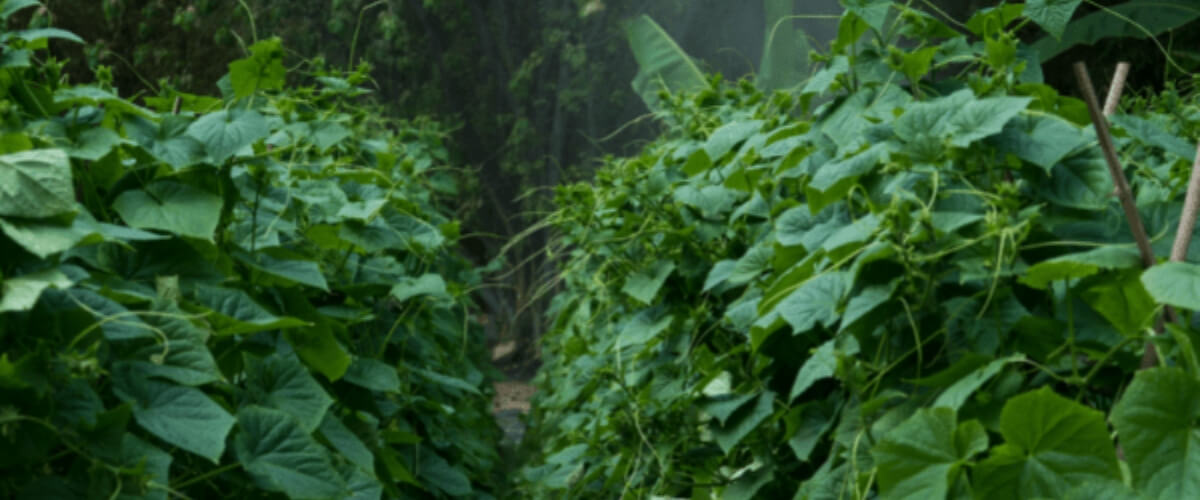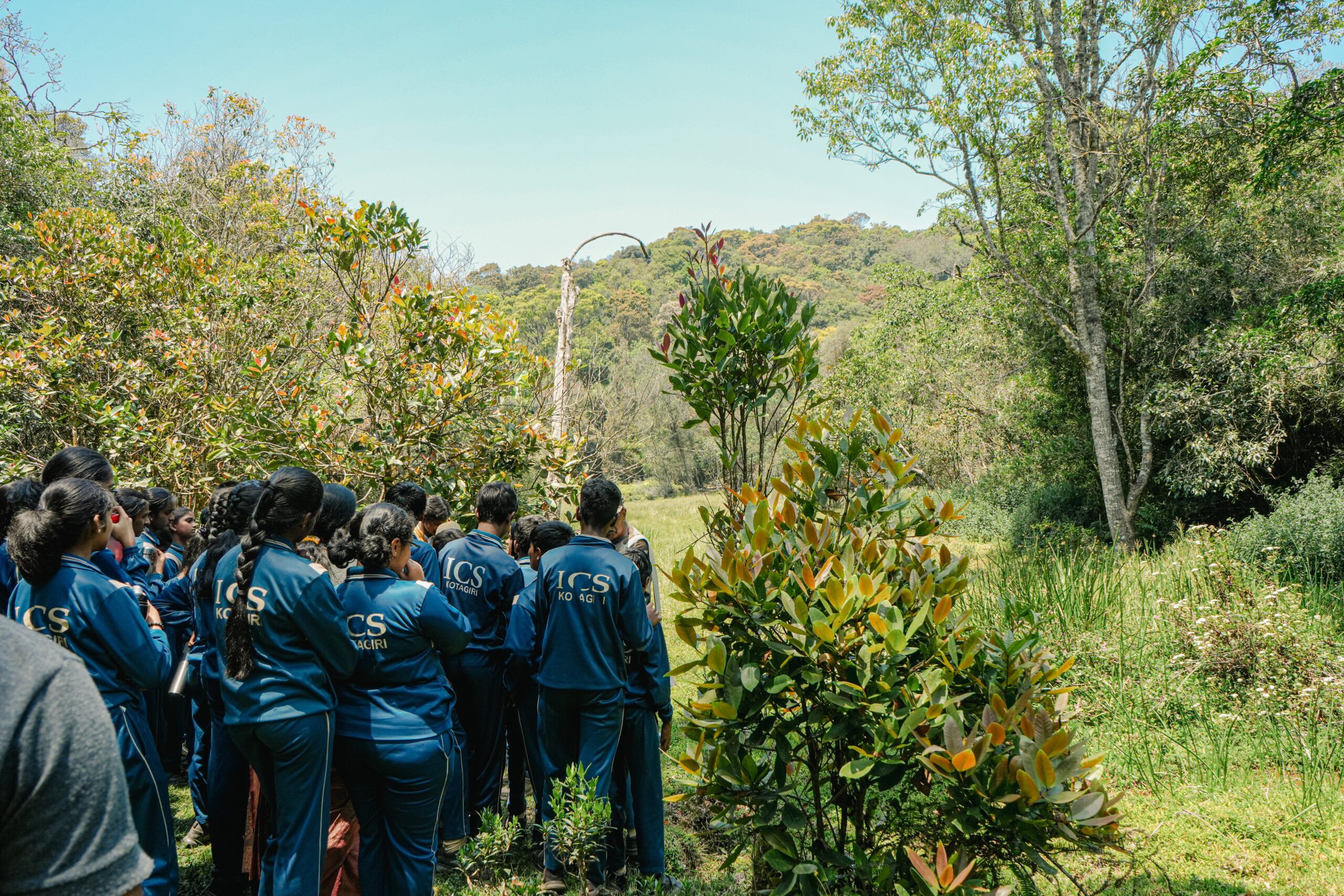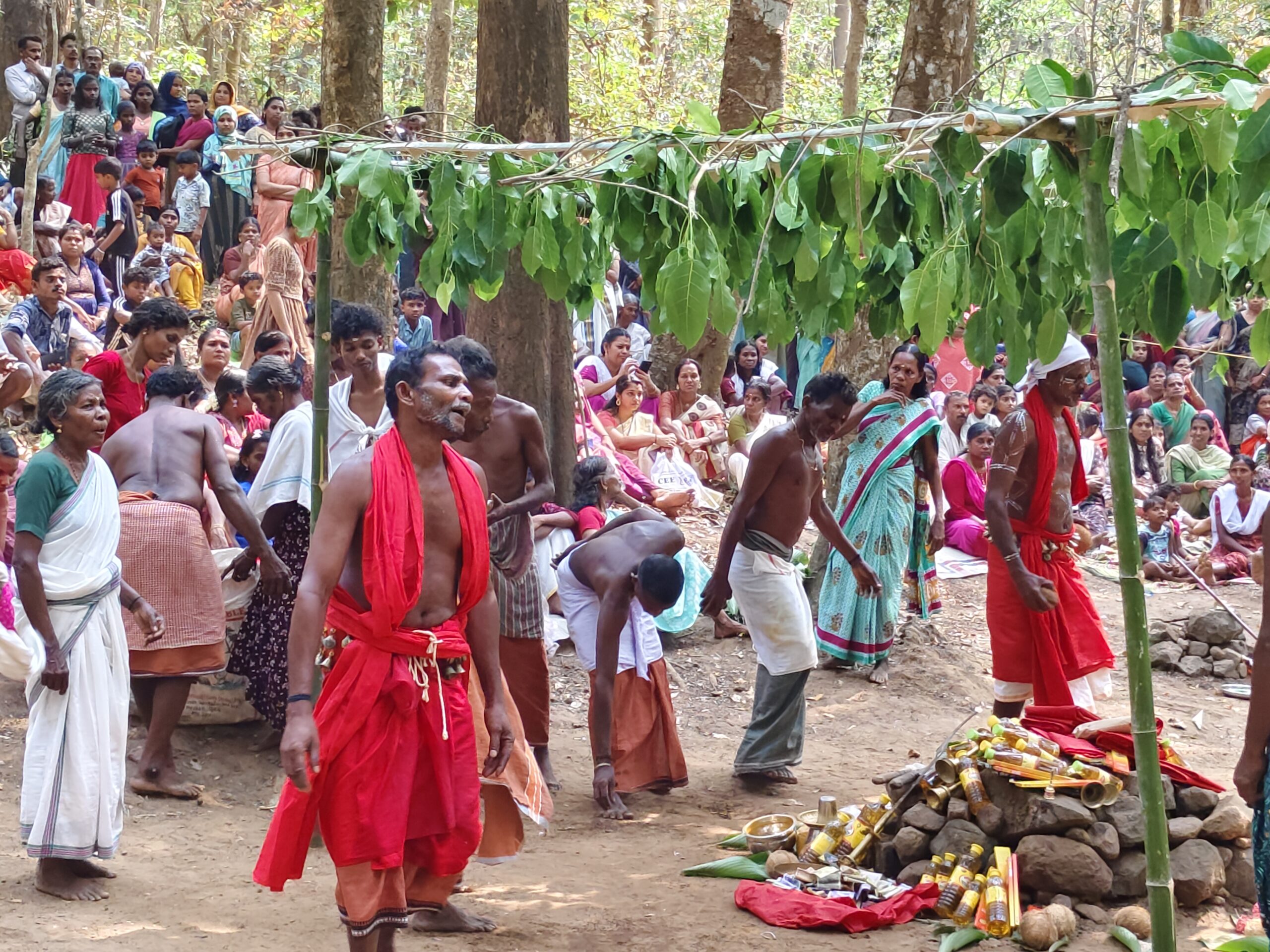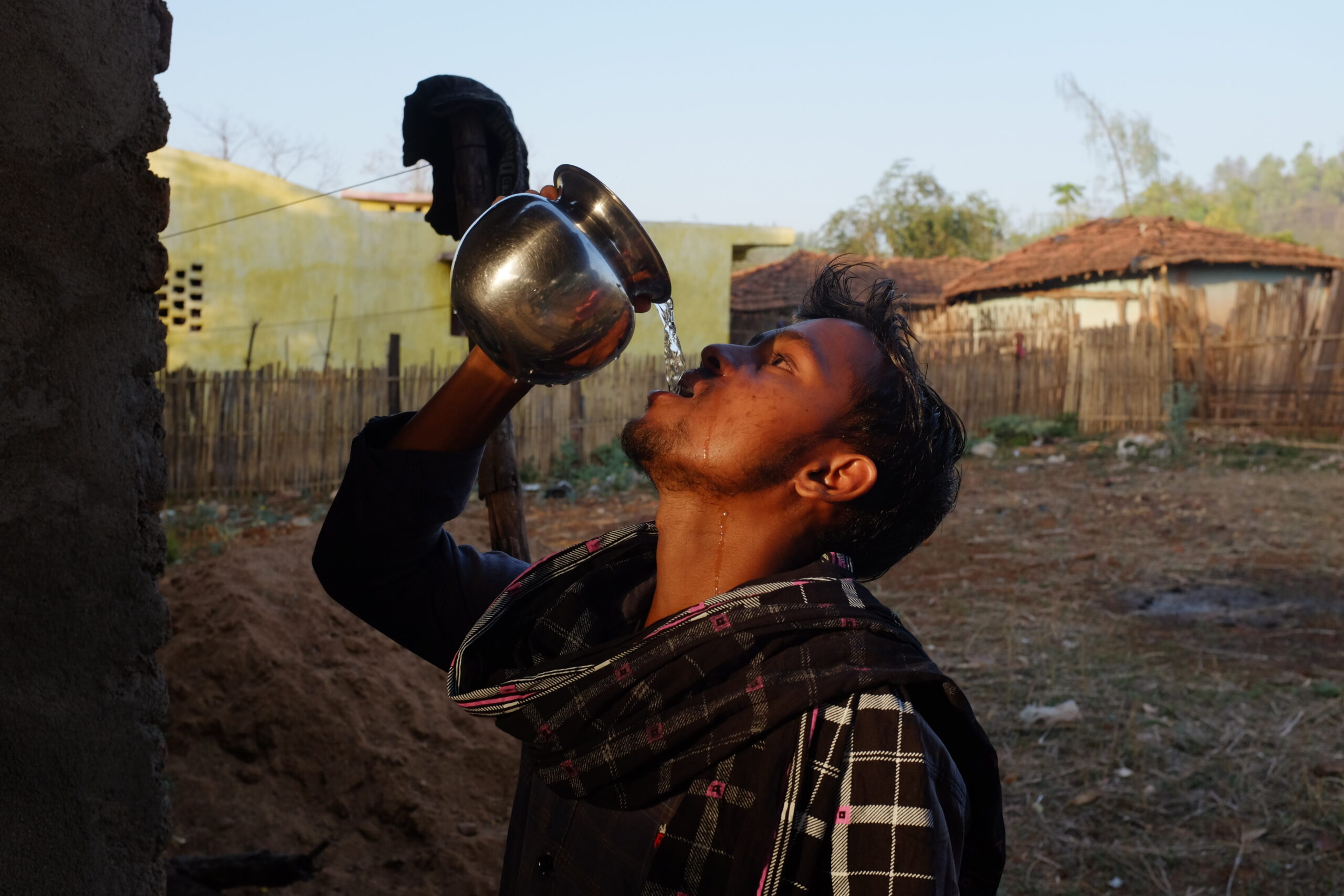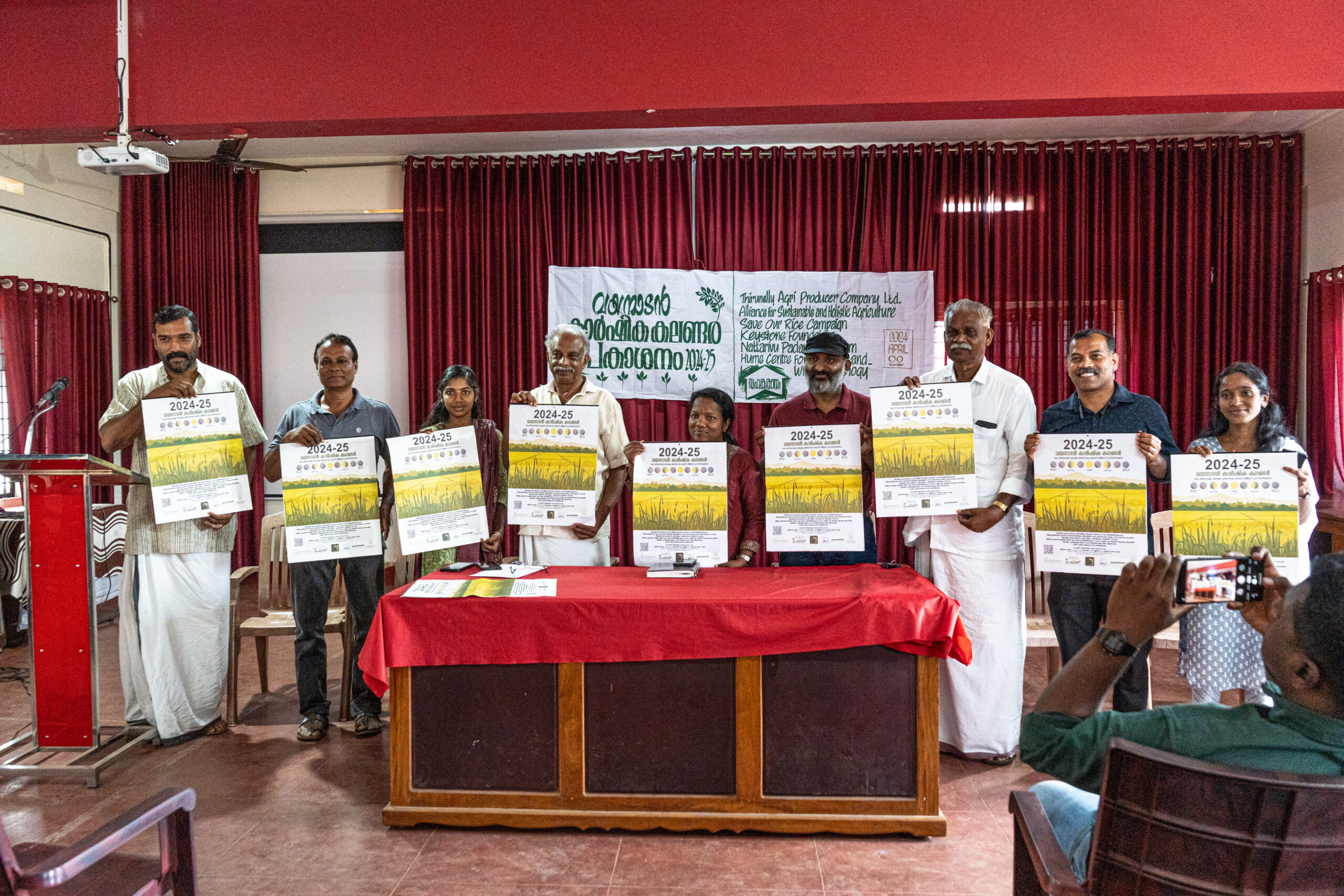During the pandemic and the lockdowns, disruptions in the supply chain resulted in an increase in the demand for essential food items which eventually led to the scarcity of them. The indigenous communities living inside the forest bore the brunt as they found it hard to make ends meet. Though many of them resorted to traditional methods of wild food collection, that wasn’t enough to sustain.
Our team stepped in, persuading the Particularly Vulnerable Tribal Groups (PVTGs) of the Nilambur valley, the Cholanaciken, the Kattunaicken, and the Paniya to grow different types of plant-based food crops in their backyard, hoping this initiative might help secure necessary nutritional supplements for the families.
In the first year, close to 400 families were supported with seeds and saplings to grow vegetables in their backyard which was scaled upto 850 families later. Most of the seeds are collected from the local farmers and the Vegetable and Fruits Promotion Council of Kerala. Though the availability of indigenous seeds is a challenge, we managed to collect many different varieties of seeds that are locally grown.
Additionally, close to 6000 vegetable saplings were grown at our community-managed nurseries at four different settlements. Vegetables like tomato, chilli, bittergourd, Indian cucumber, pumpkin, brinjal, okra, drumstick, four types of beans, spinach, ash gourd, bottle gourd, ginger, two types of turmeric, elephant yam, colocasia, Chiese potato, three types of Indian yam and a local bean, Thomara are all being grown and distributed from the nurseries.
By Ramachandran K G

